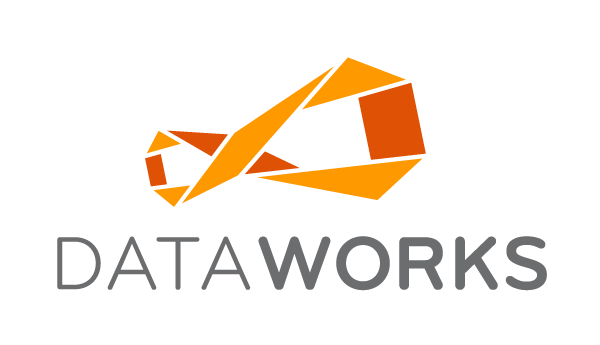We have somewhere north of 500 published reports in version 6 of NeXT. Each report has at least 5 query options, but most have over 50 query options. The reports are beautifully designed and a buyer or retail manager can really dive into the performance of product lines and SKUs. That's pretty good, but we went two steps further with version 6.
One step was the introduction of flex reports to our sales analysis sub-system. Flex reports allow an end user to design a custom report that can summarize or categorize sales data with up to 3 break levels from 21 choices. Common elements like store or class and uncommon descriptors like season or color can be selected. The flex reports will be expanded into additional analysis sub-system such as the Inventory and Purchase Orders in future versions.
The second step was actually a huge leap.
We now offer access to our report data dictionary. We use Crystal Reports for our reporting. Underneath the beautiful exterior we have a standard set of views that can now be exported, saved and used with OLAP tools, pivot cubes and business intelligence systems.
We have a motto here at DataWorks that our CTO, Hank Fay coined, "We support an application, not a database". The report data dictionary is a consistent and standard part of our application. That makes it supportable. For years we have been asked for the schema or road map to our back-end database and we have always said "No". Reason? It is going to change and if you write an mini-app on top of it, it will eventually break.
But now with the published data dictionary we offer a playing field that provides a consistent data layer for a designer to extend our inventory control software. Our database model currently has over 600 entities with over 5000 relationships that tie together a strongly normalized database. Our report dictionary flattens that data out with joins and field name conventions that take the headache out of the select statements. What this offers us is a way for us to support our application rather than support a database. It also allows for more agile development which allows us to accelerate in a high G turn. (See John Boyd)
The report export module is licensed separately - it comes with documentation on the published data dictionary. We also offer consulting and training on connecting to and using the data dictionary. The dictionary will be backwardly compatible from version to version. We will add new fields and expressions to the dictionary, but the existing names and data types will remain consistent into future versions. It gives the report designer a solid foundation to build unique designs and representations of the data filtered down for the needs of a particular organization.
So license up, dive in, and mine your business. As in : "Business Intelligence".
